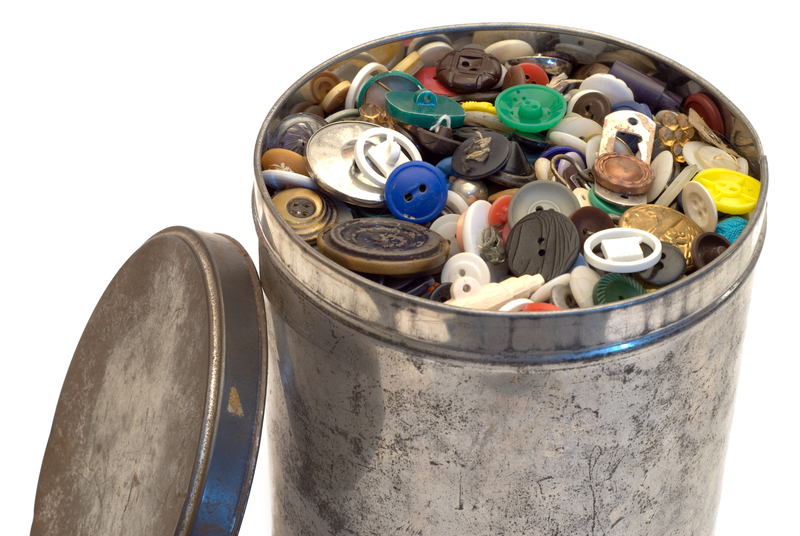 Fly-Tipping Concerns Us All
Fly-Tipping Concerns Us All Fly-tipping is a significant concern that affects communities, wildlife, and the environment. It involves the illegal dumping of waste on land without the necessary licenses or permissions.
 Fly-Tipping Concerns Us All
Fly-Tipping Concerns Us All Fly-tipping is a significant concern that affects communities, wildlife, and the environment. It involves the illegal dumping of waste on land without the necessary licenses or permissions.
 Effective Basement Cleanout
Effective Basement Cleanout Cleaning out a basement can be a daunting task, but it is an essential project for maintaining home hygiene and maximizing available space.
 Reducing Toy Clutter in UK
Reducing Toy Clutter in UK The joy that toys bring to children's faces is unparalleled, but along with that joy often comes the inevitable chaos of toy clutter.
When it comes to selecting a trash removal service, the choices can be overwhelming. However, knowing the hallmarks of a high-quality trash removal company can help you make an informed decision.
Pollution is an ever-increasing problem that affects our air, water, and soil, threatening ecosystems and human health alike. One of the most significant contributors to pollution is the mismanagement of waste.
 Sustainable Practices for Business Waste
Sustainable Practices for Business Waste Incorporating sustainable practices for managing business waste is a crucial step toward environmental stewardship and operational efficiency.
 Sustainable Waste Practices in Offices
Sustainable Waste Practices in Offices Sustainable Waste Practices in Offices Sustainability is no longer just a buzzword; it has become a leading priority in responsible business practices.
 Polystyrene Environmental Impact Reduction
Polystyrene Environmental Impact Reduction Polystyrene is a synthetic aromatic polymer made from the monomer styrene, widely used in the production of disposable packaging and insulation materials.
 Recycling: Protecting Our Planet
Recycling: Protecting Our Planet In today's rapidly changing world, environmental sustainability has become pivotal. One of the most impactful ways we can contribute to the health of our planet is through recycling.
 Effortless Recycling Tips
Effortless Recycling Tips Recycling is an essential practice for maintaining a sustainable environment. It helps reduce waste, conserve natural resources, and lower pollution. However, many people find recycling to be a cumbersome task.
 Sustainable Choices to Replace Plastics
Sustainable Choices to Replace Plastics As the global awareness of environmental issues grows, the spotlight shifts towards sustainable alternatives to traditional plastic.
Gardening is a popular hobby for many individuals, offering a sense of accomplishment and relaxation. However, with every garden comes the inevitable production of unusable waste materials.
